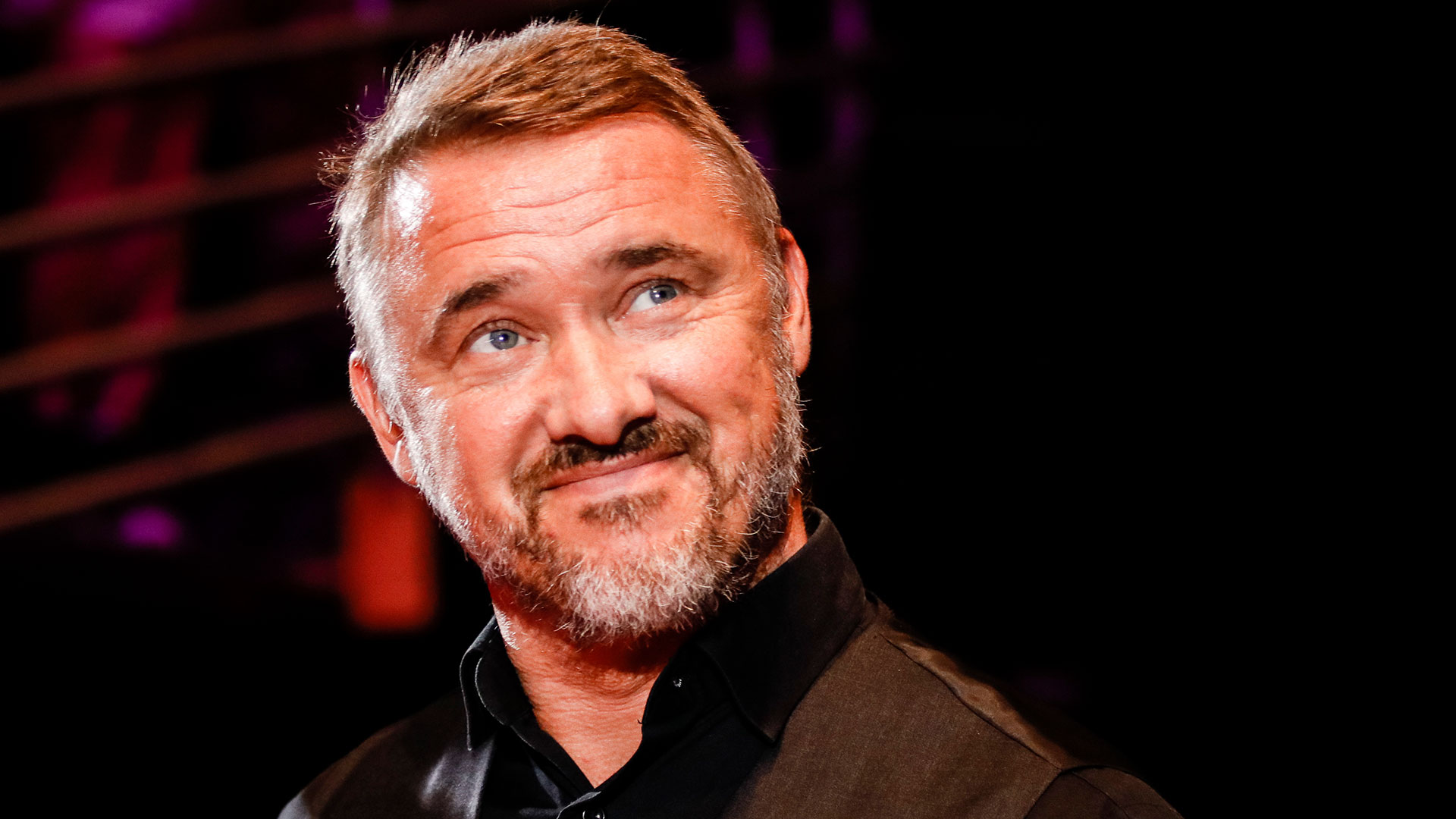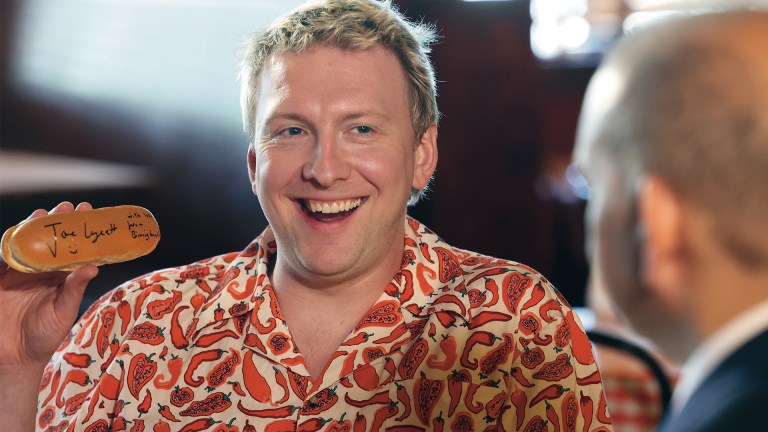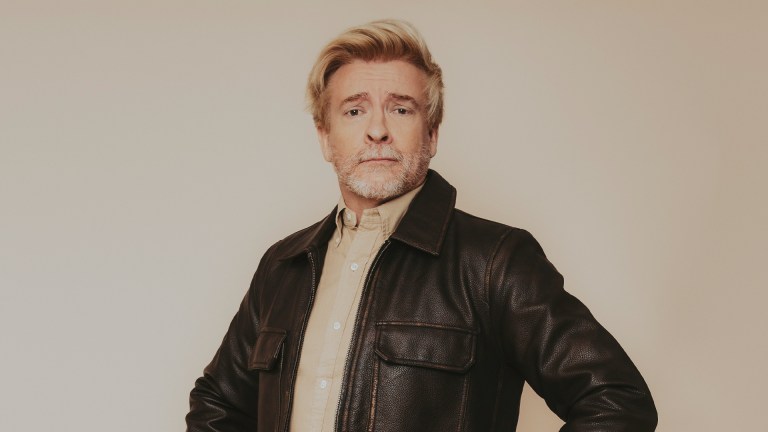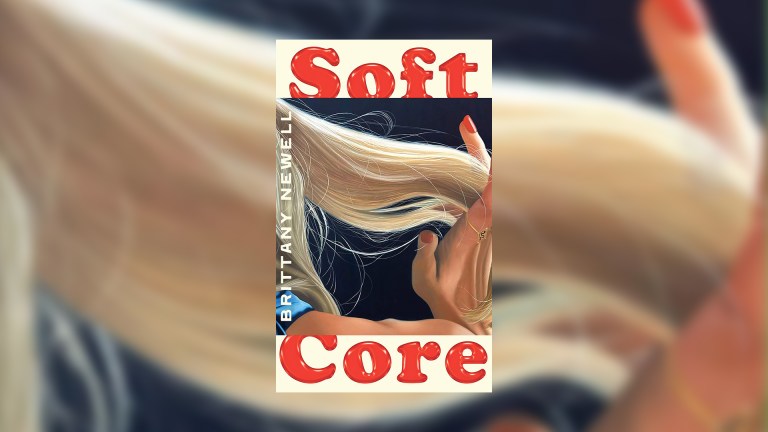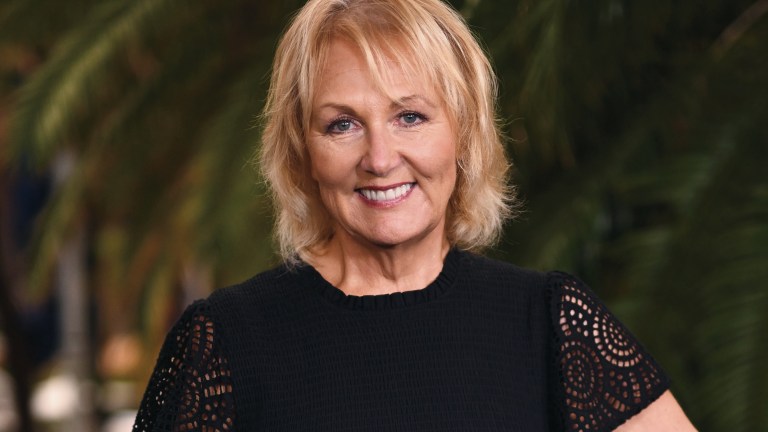I never watched snooker on TV, but two weeks before my 13th birthday I got a toy snooker table for Christmas. My mum had seen it in a shop window and asked what I thought of it as a Christmas present. I had bicycles and footballs, so it was something different. My father’s father was a very good player, although he died before I was born. The talent skipped a generation and within a couple of weeks, I was making 50 breaks. Even when I started winning it was still a hobby, I wasn’t thinking about a career.
I left school with no qualifications.
I look back now and think, if I hadn’t been good at snooker, what would I have done? I left school with no qualifications. Although I wouldn’t be bottom of the class at school, I certainly wasn’t near the top. My dad had a fruit and vegetable business with three shops, so whether I would have stayed in that business I’m not sure.
When I won the Scottish Amateur snooker title aged 15, I could choose to play the World Amateur Championship, which I had a good chance of winning, or turn professional. In those days, you couldn’t just go to qualifying school and get on the professional tour. The only way was by winning your national championships or the World Amateur Championships. Myself, my father and my manager thought we might not get another chance. I did an interview in the Daily Record saying my ambition was to be world champion by the time I was 21 [which he achieved in 1990]. Some of that was bravado, but it was also setting myself a goal because people believed in
my talent.
Scotland had no experience of successful snooker players, so even when I was winning junior tournaments the local papers would report it.
I have supported myself financially since I was 13. I bought all my own clothes and all the CDs I wanted by people like U2, Simple Minds and Phil Collins. Even as an amateur, I would get £500 for winning a tournament. For someone with no outgoings, it was incredible. But it was strange for my parents to have someone so independent. Scotland had no experience of successful snooker players, so even when I was winning junior tournaments the local papers would report it.
I was brought down to earth at home. My mum and dad had split up, so it was my mum, my brother and me in the house. I was just her son and Keith’s older brother. There was no favouritism or putting me up on a pedestal. One of the secrets of my success was that I never let any of it go to my head.
I saw the huge drinking culture. I would tell my younger self to choose moderation and definitely avoid drugs – from what I have seen, they seem ridiculously easy to get hold of.
I would tell my younger self to try to be my own person a bit more. I had a very dominant figure as a manager. Ian [Doyle] took care of everything. It allowed me to concentrate on playing snooker, but it allowed him to dominate my life completely – choosing what suits I would wear, who I would see, telling me when I could and couldn’t see my girlfriend. He controlled my life. I have to counter that by saying that without him I wouldn’t have got to where I did. But there were times I resented the things he made me do.
